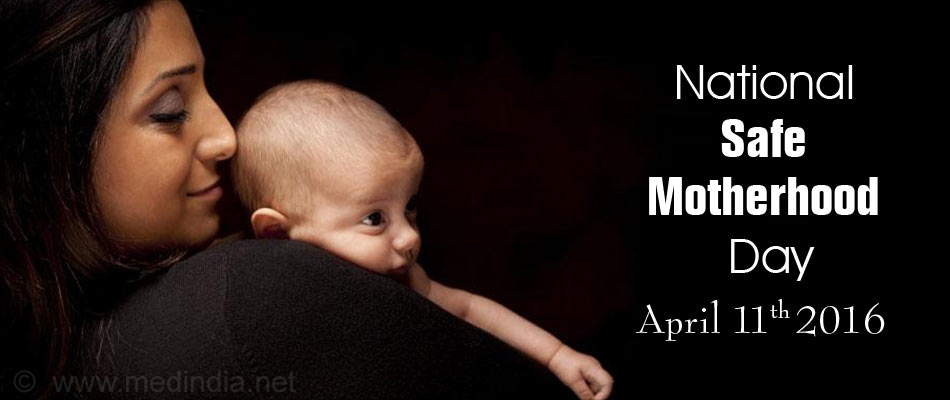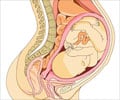
- April 11th is observed as National Safe Motherhood Day
- This year the focus is on ensuring that women must have the availability and adequate access to care during pregnancy, childbirth and postnatal services.
- The White Ribbon Alliance for Safe Motherhood, India (WRA India) was formed to advocate safe motherhood in India.
The goal of the WRAI is to educate women and help them realize their rights to be safe and healthy before, during and after childbirth. The mission of WRAI is to inspire, encourage and assist the advocates of campaigns that help in upholding the rights of women to be safe during the child-bearing age and through the child birth process.
The White Ribbon Alliance works towards protecting lives of women and newborns in India by:
- Building alliances for improving maternal health facilities.
- Strengthening capacity of health care workers.
- Influencing policies of maternal care.
- Harness resources of technology and training.
- Inspiring action at various levels.
About 44,000 Indian women die during pregnancy and childbirth due to lack of adequate health and medical services, education and accessibility, during prenatal, birth and postnatal period for women. The huge number of deaths can be reduced drastically with cost-effective, simple and proven techniques by improving accessibility and education among women. The simple measures include improved nutrition of the mother during pregnancy to breastfeeding of the newborn within half an hour after birth. The neonatal care ranges from keeping the baby comfortably warm immediately after birth to providing immunizations throughout the childhood.
A woman’s death is not just a personal loss to the newborn child, who loses the primary caregiver. The loss extends to the nation that foregoes her contributions to economic and social development. She is a loss to the community that loses her care and advice. She is a loss to her family which loses her love, nurturing and productivity in the making of a home.
- Ensuring delivery by qualified and skilled birth attendant.
- Reducing anemia among women during adolescence and child-bearing age.
- Educating women on nutrition during pregnancy.
- To inform women about family planning and safe methods.
- Improving antenatal care.
- Education on the importance of breastfeeding.
- Providing postnatal care for mothers for pain and infections, excessive bleeding and postnatal nutrition.
- Preventing child marriage.
- Improving education for the girl child.
- Providing immunization and other disease prevention methods.
- Early detection and management of complications of birth.
- Family planning
- Antenatal care
- Obstetric care – clean and safe delivery
- Prenatal care
- Postnatal care
- Control of sexually transmitted diseases and HIV infections
- Communication and education of women for behavior change.
- Primary health care for women and newborn.
- Equality for women.
References:
- http://www.c3india.org/whatsnew/about-white-ribbon-alliance-india-wrai/
- https://en.wikipedia.org/wiki/White_Ribbon_Alliance_for_Safe_Motherhood
- http://www.safemotherhood.org/











